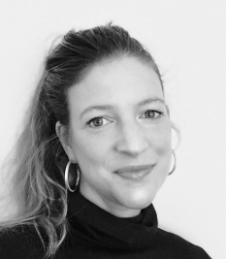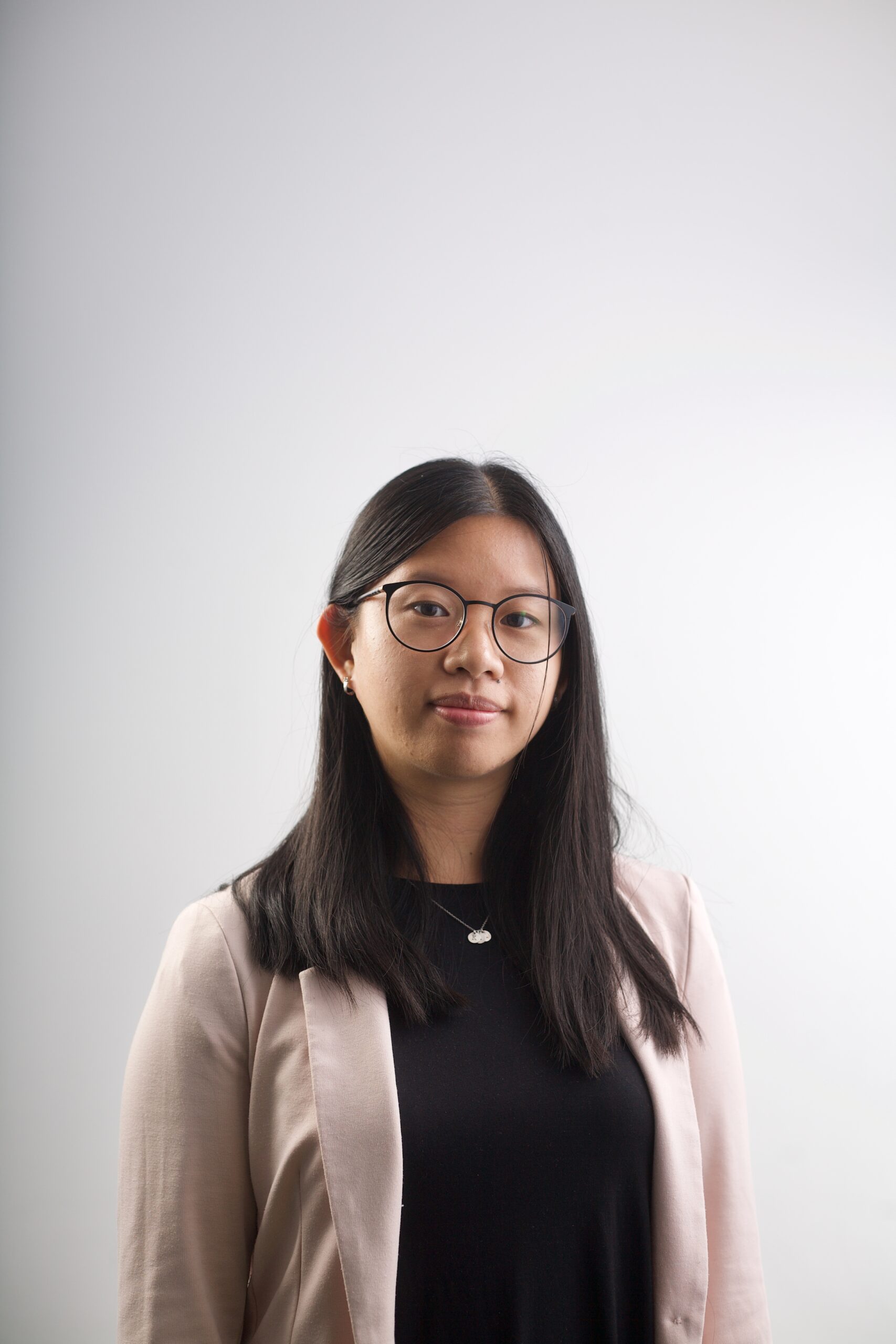A conversation with Dr. Ruth van Veelen on research and life as a social identity and diversity scholar

Dr. Ruth van Veelenhas a permanent position at Utrecht University in the department of Social, Health, and Organizational Psychology, and it may not be surprising that she loves working in research. But what struck me is that she’s also actively engaged in communicating her research to a wider public, and in doing so, she has become a role model.
I interviewed Ruth as part of an assignment for a career-coaching course I took at my university. I have been reflecting on this topic for some time (as I shared in my last post), so I thought this opportunity would just result in gaining some practical tips about navigating career decisions. However, there was more to it than I expected.
I felt an immediate click with Ruth as she told me that we are both alumni of the Research Master’s program in Behavioral and Social Sciences at the University of Groningen – which was part of her early academic exploration in the topic of diversity, intergroup relations, and social identification processes. After her master’s and doctoral degrees, she continued working with other educational scientists from the University of Twente. Through working in this context, she started asking the question, “why are there so few women in tech – especially in the Netherlands?” That was the start of her focus on gender stereotypes, a topic that she’s still engaged with now.
On studying gender and workplace
I asked Ruth where she sees the field moving.
She pointed out that there are more initiatives for studying the context at workplaces than the individual (or “fixing women”). This direction is encouraging. Compared to narratives that highlight “women need to… (be more like men)”, the field seems to be shifting more to efforts to “pay attention to the system.” For instance, we start asking ourselves what kind of culture we create in academia or fields where “masculinity” standards are perceived as norms, such as the tech industry. Such a climate is neither conducive for women nor men, and this is also an issue for professional contexts where women are the majority.
She hopes that people in higher positions in these fields will engage more in conversations so that these efforts will not remain “window dressing,” but rather, fundamental changes in the culture and the structure.
What she said was encouraging to hear, as it helped me to more clearly see how our research is supporting (and will hopefully continue to support) this effort. It is also uplifting to hear this from someone who has been sharing her work on gender stereotypes through different channels, not just by publishing academically.
Ruth hahas communicated her research to policymakers and big companies (e.g., through the OECD forum). She highlighted how this opportunity comes with its own challenges; not only has she had to battle her own urge to stay “introverted,” but she has also had to strategically bring sensitive topics to the public.
She shared a story about when she was interviewed about her study on the gender wage gap in academia, the interviewer asked if she was a “feminist.” I was confused when I heard this story – it sounded as though the scientific results of her studies that she was trying to communicate were, in accordance with the media’s agenda, easily eclipsed by her personal opinion and identity. She mentioned that such instances made her realize the need to be intentional about her role as a scientist. She wants to communicate science as a scientist – meaning that it is her goal to stick to the facts and what she found from research, rather than following the “politics” (and therefore she recommends reading and evaluating pre-published pieces in detail).
This is good advice to researchers of sensitive topics: reflect on what roles you’re willing to engage in: a researcher? An activist? Or perhaps both? How do you communicate that? And what are the consequences?
Smooth sailing career in academia?
Besides the issues she had mentioned, I wondered whether her academic career was smooth-sailing—then she started sharing the risky decisions she had to make as she was figuring out how to stay in academia.
After finishing her dissertation at the University of Twente she was already on the path to getting a permanent position there, but she realized that she wanted to do research in a field where she felt “more at home.” Thus, despite already being a mother of one child, she decided to risk it and apply for a post-doctoral position in Utrecht so she could be more involved in social psychology research, instead of staying at the University of Twente for “stability.”
Ruth told me that having good and supportive people around her was the deciding factor. She mentioned that in academia, unfortunately, it’s not uncommon to have people who downplay or even obstruct you.
Her advice if things are not going well with the system?
“Find a better position. Be kind to yourself and find people to help you navigate the system. [As an early career researcher] you don’t have the ropes and luxury to fight the system. Take good care of yourself, you need to stay healthy.”
As someone who “grew in academia,” she admitted that she has the tendency to endorse staying in academia as the best path possible. But she acknowledged that there are many different ways to explore. And the wide range of skills that we have gathered also translates into other fields—It is alright to switch!
As of now, she is in a position where she can influence the system to some extent. As such, she would love to stay in academia and be a role model, as living proof that you can have a sane mind, a personal life (even working 4 days a week!), and excel in your work in academia.
I really appreciated that she reflected so genuinely on her academic journey and current position. I have learned a lot by hearing her story, above and beyond practical steps for navigating academia.
If you are interested in learning more about Ruth and her work, you can check out her profile here. I can confirm that she is definitely doing a good job being a role model, and I am very much inspired and excited for what is in store for her.
Further Reading
Olive, Kezia (2022). Planning a career or where do I go from here? Solutions. https://gversity-solutions.org/blog-solutions/projects/planning-a-career-or-where-do-i-go-from-here/

Gendered pathways to professional life (Finland)
